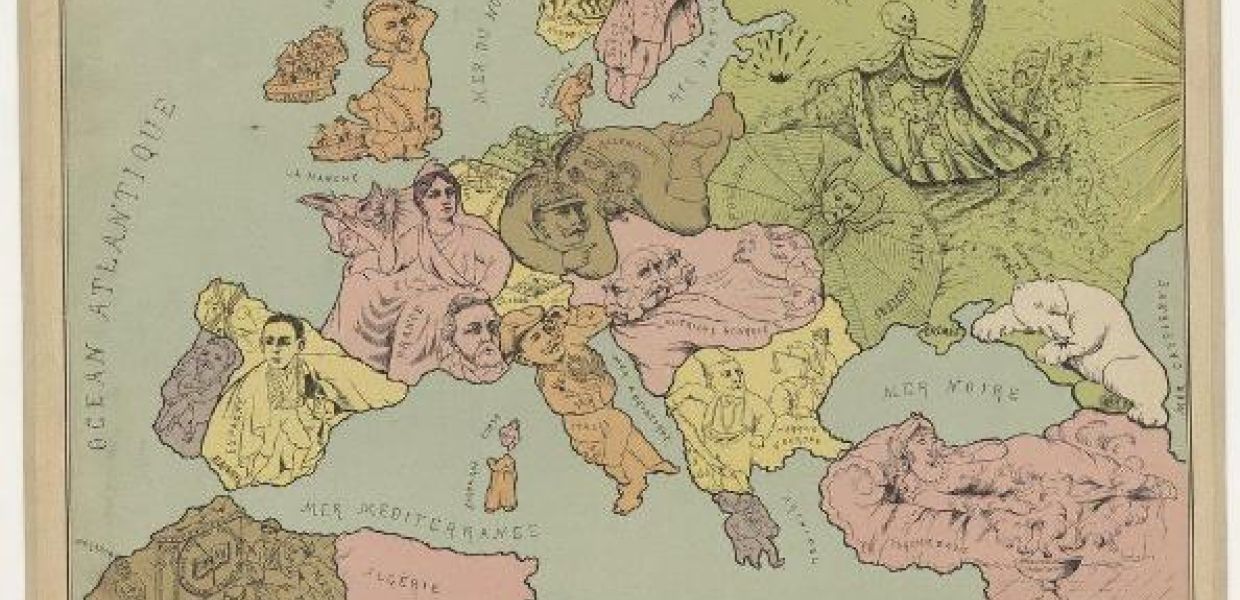Researchers tell us how to turn Europeana into research tool

One of the ambitions of Europeana Cloud is to provide a resource and tools to help humanities researchers with their work. In order to do this, the project has undertaken research to find out what tools these researchers already use, what they would like to use, how Europeana can help them today and what changes need to be made to better help them in the future.
Several Expert Forums have taken place in order to gather this information, with humanities researchers from seven countries giving their feedback and generating ideas.
So what did our researchers say?
First of all, they told us about the tools they already use for research and collaboration, which include mainstream services such as: Google (including cloud services like Google Drive); social media like Facebook, LinkedIn and Pinterest; Microsoft Office products and open source alternatives; specialised research tools such as Open Refine (formerly, Google Refine), R as an interface to query and analyse text corpora statistically, tools for authorship attribution, GIS applications (or QGIS, an open source alternative) and annotation tools. There were also a range of tools tailored to specific topic areas. for some subjects within biblical studies, a geographic visualization tool, ‘eResearch’; for oral history (interviews, audiovisual), a bilingual platform for voice and speech recognition, with full transcription and OCR functionalities, materials will be exported to XML and saved in a data archive in the Netherlands; in musicology, a self-built tool to help with OMR processes (Optical Music Recognition) applied to 16th-century music manuscripts and early printed music.
Six specialisms within the humanities field were identified as areas in which Europeana content could potentially aid researchers: archaeology, history, law, linguistics, musicology and philosophy. During the Expert Forums, researchers played the Europeana Treasure Hunt to familiarise themselves with the Europeana portal, in order to be able to provide feedback on how they think it could help them both now and in the future.

Example of an item of interest to humanities researchers. 'Tableau et carte psycho philosophique de l'Europe en 1906 / Conçue... par Metz-Masson', French National Library, public domain
Having had a chance to check out Europeana, the general consensus was that while all agreed that Europeana is a great instrument for showing the diversity of Europeana culture, at present, it can only serve as a generic discovery service for developing an impression of 'what is out there' and that content from Europeana would need to be exported out of the portal and into the systems used by researchers where it could be analysed and manipulated.
To make Europeana into a research tool, the group made the following key recommendations:
- adding and logging user comments, accommodating user-enhanced metadata;
- boosting import and export possibilities;
- enhancing search functionality and filtering functionality;
- moving from exploration and discovery to in-depth descriptions and interconnectedness;
- stepping up development for interaction and connection with users / user groups.
So what happens next?
The feedback from Expert Forums such as this one will provide important information for the further development of the project Work Package that is looking at exploiting Europeana Cloud with services and tools for researchers. This will be discussed at the Plenary Assembly of the project in March in Athens. Additional input for these exchanges will come from another major report from WP1 - 'Exploring Innovative Tools in Humanities and Social Sciences Research' - which is nearing completion.
Find out more - read the whole report: 'D1.5 Expert Forum Tools & Content for Humanities Research Report'
